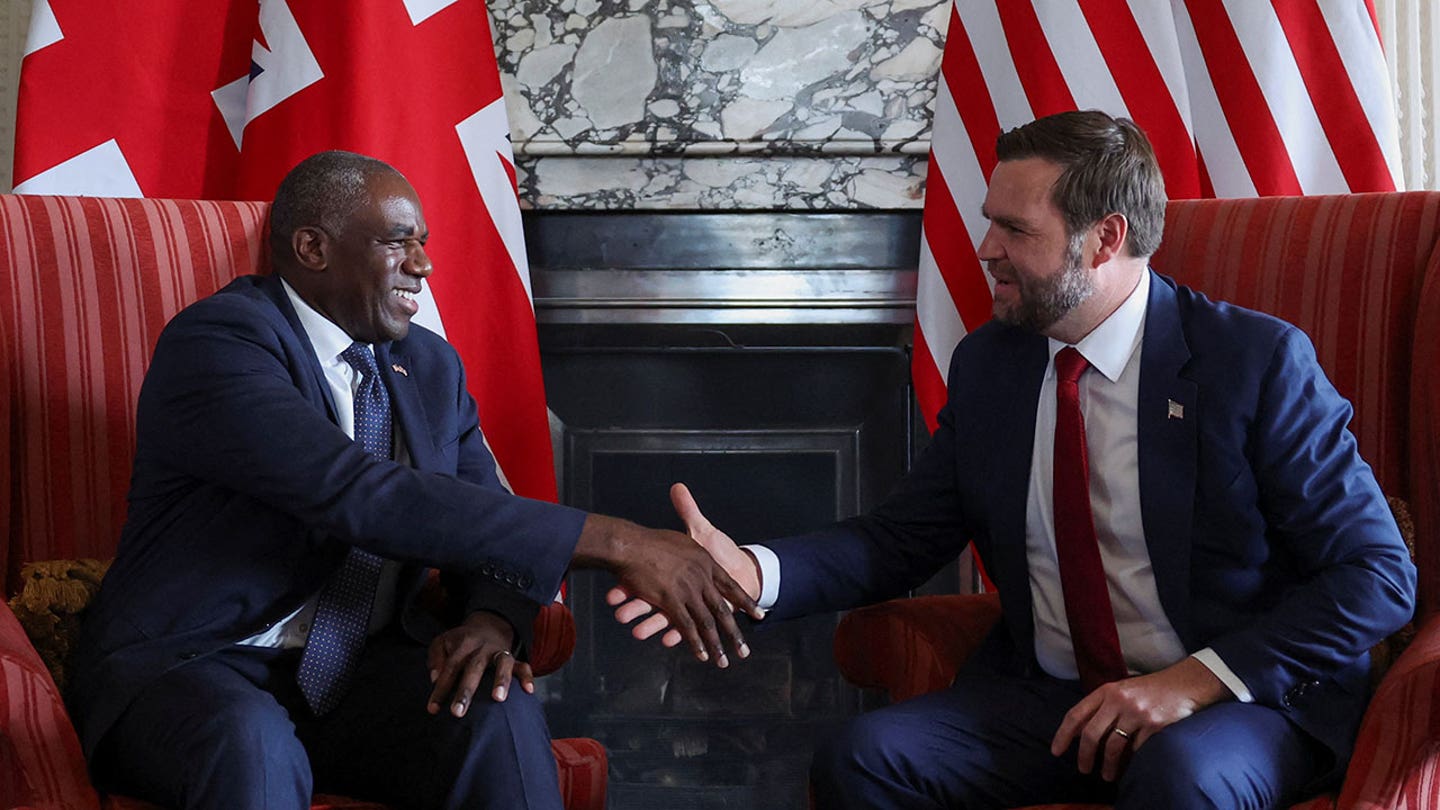Entities mentioned:
- Beto O'Rourke: Moral outrage, Righteousness, Fear
- Gavin Newsom: Influence, Ambition, Unity
- Ken Paxton: Justice, Control, Duty
- Texas Democrats: Determination, Righteousness, Self-preservation
- Republicans: Power, Control, Loyalty
- Donald Trump: Power, Control, Recognition
- John Cornyn: Justice, Duty, Loyalty
Article Assessment:
Credibility Score: 65/100
Bias Rating: 65/100 (Lean Right)
Sentiment Score: 25/100
Authoritarianism Risk: 40/100 (Generally Democratic)
Bias Analysis:
The article leans right, focusing more on O'Rourke's controversial statements and including criticism from Republican sources. While it presents O'Rourke's views, it does not provide balancing perspectives or context for his comparisons.
Key metric: Political Polarization Index
As a social scientist, I analyze that this article highlights the increasing political polarization in the United States. O'Rourke's comparison of contemporary America to 1933 Germany demonstrates an extreme view of the political opposition, which can further deepen divisions. The invocation of Nazi Germany in modern political discourse is a sign of heightened tensions and a breakdown in civil political dialogue. This rhetoric, coming from a prominent political figure, may contribute to a more adversarial and less cooperative political environment, potentially impacting governance and social cohesion. The article also illustrates the ongoing debate about the state of American democracy and the perceived threats to it, which is a significant concern affecting political discourse and public trust in institutions.











